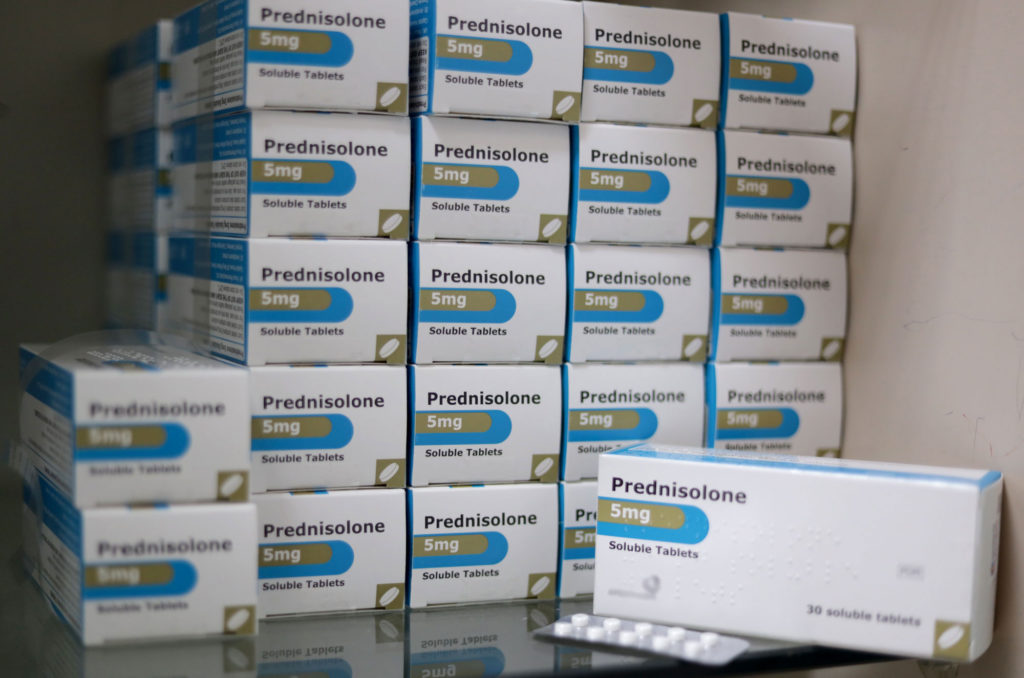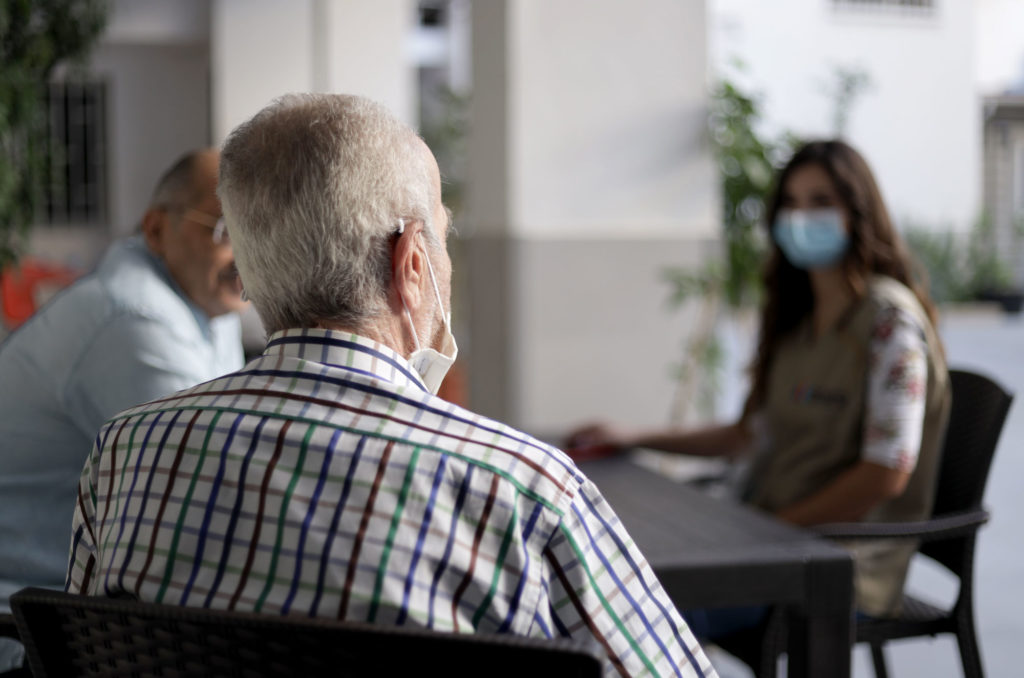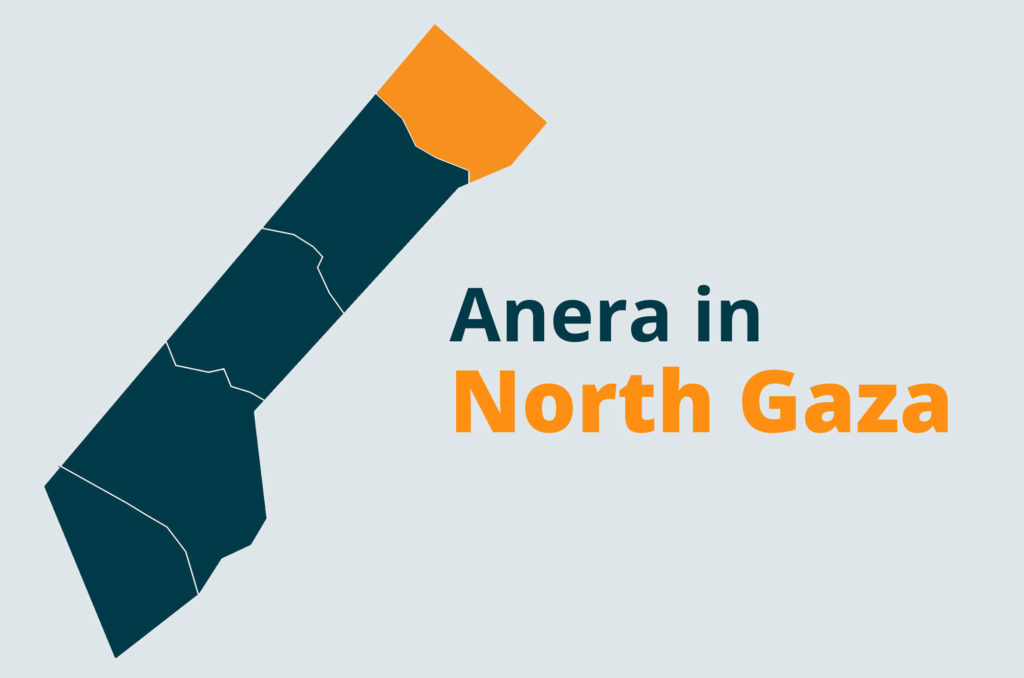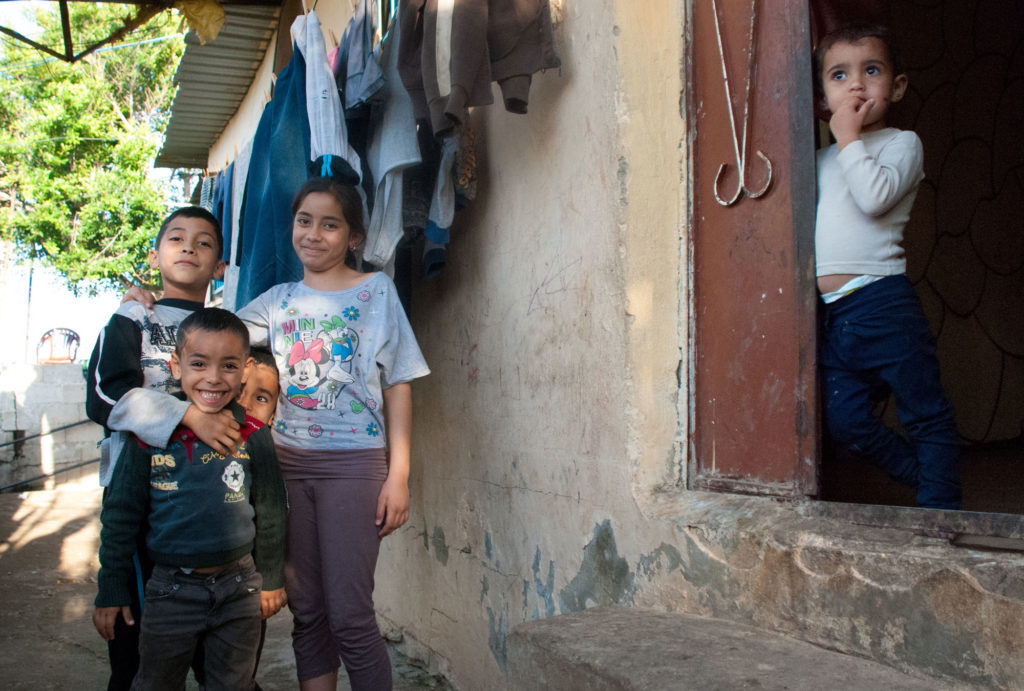Dec, 2021
For seven decades, the Dar al-Ajaza al-Islamia Hospital in Beirut has been a central institution in Lebanon in caring for older patients and patients with intellectual disabilities. Lebanon's increasingly dire economic circumstances threaten the hospital's ability to care for its patients.
Days after the Ministry of Public Health lifted subsidies for a number of medications, prices of these medicines have dramatically soared in Lebanon. With state coffers dwindling due to an economic crisis rooted in state corruption and resource mismanagement, most subsidies are being phased out. A planned public cash assistance program with external funding has yet to be implemented, leaving a large swath of the population unable to afford essential medications.
The list of medications affected by this decision includes critical medicines for the treatment of heart disease, hypertension, and high cholesterol.
According to the UN, 80% of people in Lebanon now live in poverty — a sharp increase from only a few years ago — so most cannot afford the rising prices and have had to discontinue vital treatments.
International Health Partners (IHP), a global UK-based health NGO dedicated to providing medication to communities in need, donated a shipment of medications to Lebanon. Anera delivered medicines for treating chronic diseases and infections at Dar al-Ajaza al-Islamia Hospital (DAIH) in Beirut, a central institution that cares for older patients and patients with intellectual disabilities. The institution works hard to maintain its standards despite the deteriorating circumstances> But the task is daunting.


Jalal Shbaro, the spokesperson for DAIH, says,
“We consider our patients as guests in our hospitals. The currency crisis has made this caretaking process expensive, and supplying medical supplies, medicine, antibiotics, vitamins, oxygen, diapers, diesel, gas, and other basic necessities now costs 20 times more.”
DAIH’s purpose and mission are to conduct a resident-centered treatment and take the approach of building an individualized program for each patient. They work to maintain and provide quality services to their patients.
Shbaro says,
“Donors have helped us get through this period, and continue serving the guests at Dar al-Ajaza, which are mainly elderly. I’d like to thank these institutions, like Anera, because they genuinely make a difference, and their help is central to our center.”


“Donors have helped us get through this period, and continue serving the guests at Dar al-Ajaza, which are mainly elderly."
Beyond escalating prices, some medications are unavailable in pharmacies or medical centers. Many patients are simply unable to resume taking their essential medications, such as those to lower high cholesterol levels.
Hospitals and medical centers reached their tipping point, and are struggling to cope with the shortages. Between the pandemic and the economic collapse, the health sector is heavily overwhelmed by the crisis, which was dubbed Lebanon’s most severe crisis of the century.
Not so long ago the Lebanese health sector was renowned for its state-of-the-art services, and highly educated and proficient medical experts. The crisis changed this, and the health sector has been losing its talented staff to mass migration, and losing its top-quality services to the frequent electricity cuts, fuel crisis, medications shortages, economic collapse, exhaustion and mental health issues, and the pandemic.
The donation was well-timed, as the new prices for the medicines are unaffordable to the residents. The shipment contains a batch of simvastatin, for the treatment of dyslipidemia (high levels of "bad cholesterol"), which is essential because high cholesterol is a very common medical condition among the elderly.
High cholesterol levels predispose patients, and especially elderly populations, to develop cardiovascular diseases.
The shipment also included various medications, including prednisolone, a corticosteroid for asthma attacks, and rheumatoid arthritis. The medical aid also included econazole cream for fungal infections like diaper rash and other skin infections.


Salam says he’s been a patient at DAIH for more than three years. “There are several medicines I take on a daily basis, as well as maintaining a healthy strict diet.”
Salam, whose professional career included stints with Kuwait Airways and the American University of Beirut, says life wasn’t always so hard. “Life was prosperous.” He hopes young people will persevere despite the crisis and continue their education.


